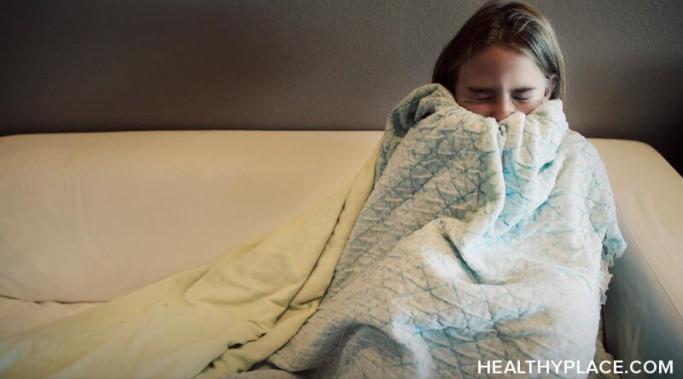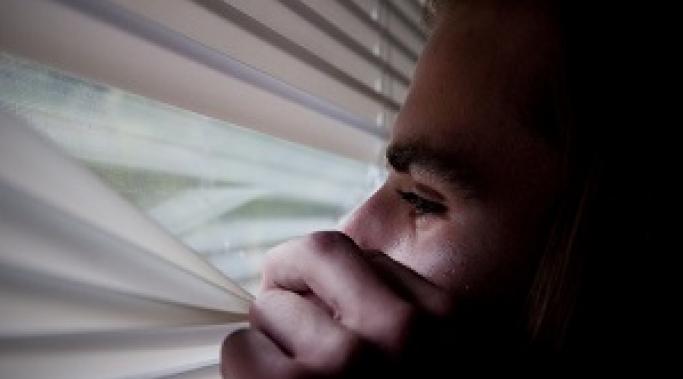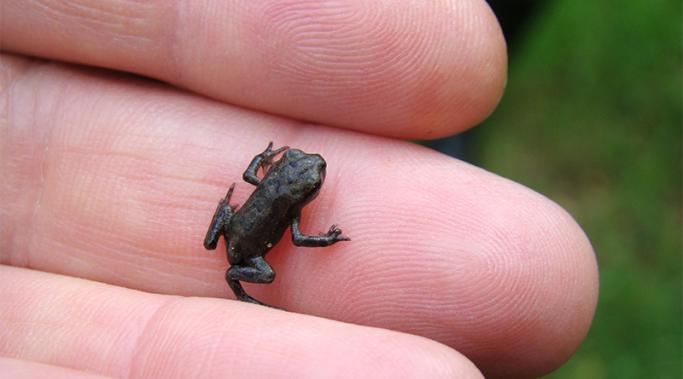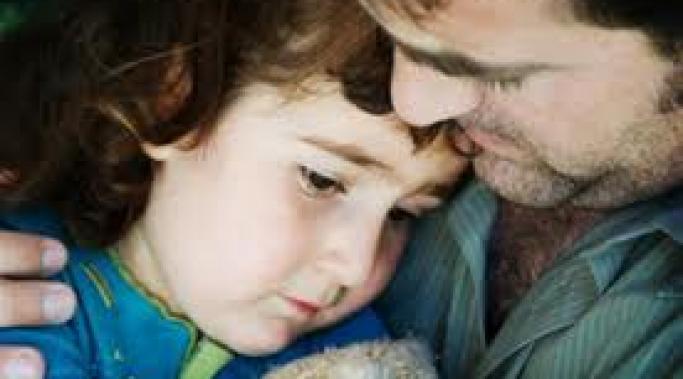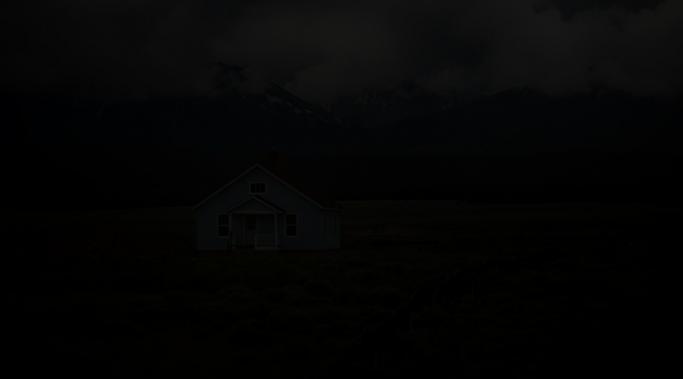Anxiety usually involves some form of fear. Anxious thoughts often involve worry: fear of what might happen, of worst-cases scenarios and disastrous consequences of something that has already happen or might possibly happen in the future. Anxiety and fear aren't exactly the same thing, however. Here's a look at the difference between fear and phobia and a common thread between them.
Phobias
What is interoceptive exposure and how does it help rid you of phobias?
Avoidance and agoraphobia come from fear, and they involve someone removing him/herself from a problematic situation. Neither avoidance nor agoraphobia is a sign of failure or weakness. They're coping mechanisms. Why do people avoid anxiety-provoking or otherwise uncomfortable situations, and more, why do they develop agoraphobia? Some myths and stereotypes say that people living with agoraphobia are weak or lazy, failures at various things (Fear and Anxiety; The Meaning of Fear). Here’s why that’s wrong.
Anxiety brings with it a seemingly endless list of struggles and frustrations. A very common frustration and, for me, incredibly bothersome is anxiety’s loud, unrelenting hyperactivity. The feeling of hyperactivity is sometimes related to anxiety's racing thoughts.
Anthony D'Aconti
The recommended self-help strategies for coping with anxiety, particularly to conquer performance anxiety before big meetings and public speaking, seems to be "Stay calm." However, a recent study suggests that getting excited, the exact opposite of remaining calm, may be more effective at conquering performance anxiety.
At one time or another many of our children experience anxiety, worry, fear, and/or nervousness. As parents we lament our children's suffering as it is our job to try to protect them. So when our children have anxiety-which is suffering-we panic. This, of course, is the worst thing to do. We are teaching them that their fear is something to fear.
We must keep in mind that it is not fear that is the problem. Fear is biological and can be appropriate. (This fear can pass quickly.) When children experience anxiety, it is the fear of the fear that is the problem. In other words- it is the meaning we make around the fear that matter most to our mental state.
I was afraid of the dark when I was little, and when I am vulnerable, I still feel the same way. Light gives me the sense that there is hope. It connects me to reality when I feel out of control. Because I can see. And seeing is power.
I Was Afraid of Flying
The fear of flying is a common fear. I had it in the worst way. For me, like many others, fear of flying especially increased after 9/11. I thought about being in a plane crash a lot. A lot, a lot. Every time I heard a plane fly over, the video ran in my mind of myself sitting in an airplane after having just found out we were going to crash.
Graduated exposure therapy, also known as systematic desensitization, is a process of slowly exposing someone to what they are afraid of so it become familiar and un-intimidating. First, a person is taught skills in calming themselves that they can use while they expose themselves to the feared stimuli. With the dawn of the Internet (especially YouTube) people can use graduated exposure therapy in the comfort of their own homes (or in the therapy office).

